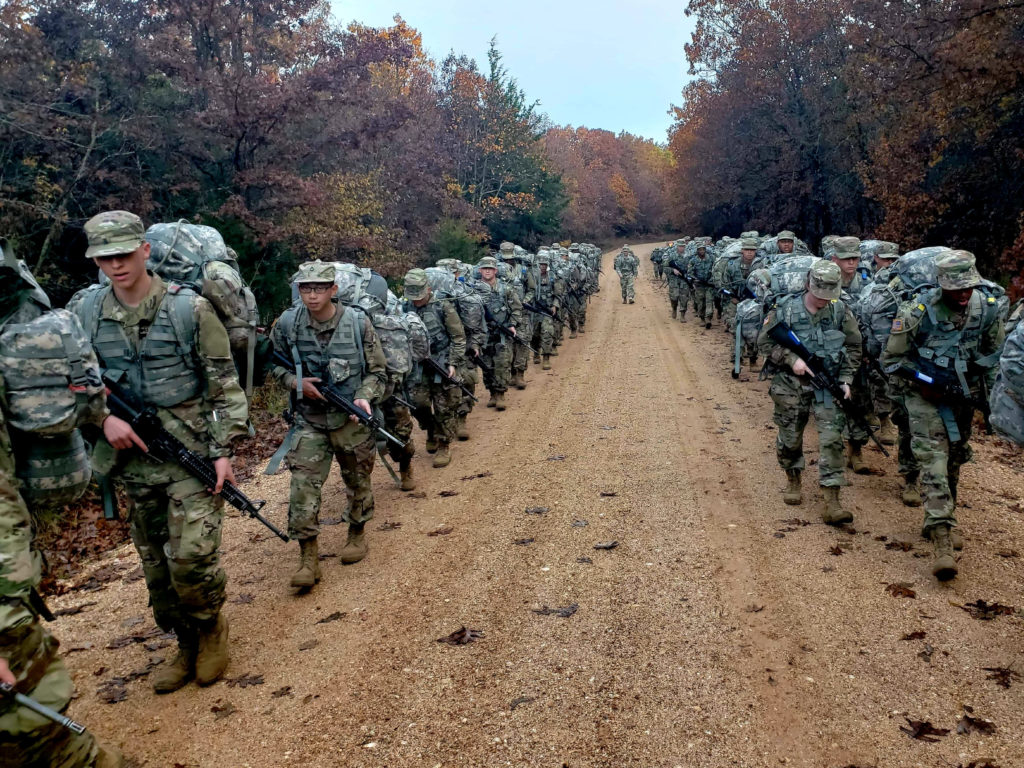
Some video games have fantastic storylines with incredible plot twists and shockers, but there are several that are happy to be based on written stories that have come before them. From epics to books to comics, these are the 9 most brilliant video games inspired by literature. Books have inspired all kinds of different media, video games included. It’s pretty rare for games to be directly taken from books, which means there are a lot of video games you didn’t know were books first. Games tend to adapt features, atmospheres, and ideologies from books, which makes for intriguing stories and hidden Easter eggs for the most observant of players.
Bioshock:

BOOK IT’S BASED ON: Atlas Shrugged by Ayn Rand (1957)
Ayn Rand’s system of objectivism is everywhere in BioShock. In both Atlas Shrugged and 2K’s hugely influential shooter, a society of brilliant minds secludes itself away from the ungrateful world. However, while the former champions this individualism and isolationist capitalism, the later strongly critiques it. As players explore the underwater city of Rapture, they find a world ravaged by self-indulgent experimentation and rampant individualism to the detriment of society. BioShock is an exploration of the extension of Rand’s vision–not increased production, not incredible innovation, but rather a society so focused on the individual that it devours itself alive.
If you are enjoying this list on video games and Literature, check out some of our love of literature content at the Ritual, here.
American McGee’s Alice:

BOOK IT’S BASED ON: Alice in Wonderland by Lewis Carroll (1865)
The classic Alice In Wonderland was reimagined by Quake and Doom veteran American McGee into one of the craziest, horrifying and brilliant games of 2000. The graphics won’t hold up anymore, but here’s the plot: Alice had to be institutionalized and now, as a teenager, she’s thrust into the world of Wonderland where she meets the characters we’re all familiar with. Except here, everyone has a darker, twisted image, like the riddle-toting Cheshire Cat or the Mad Hatter who really puts the “mad” into his name. As far as reinterpretations go, this is my favorite children’s classic.
[ebook_store ebook_id=”4740″]
[ebook_store ebook_id=”8002″]
Suikoden:

BOOK IT’S BASED ON: Shui Hu Zhuan by Shi Nai’an
Shui Hu Zhuan is one of the great Chinese novels, following the story of 108 outlaws granted amnesty who then turn to fighting for the government. Suikoden is less of a direct adaptation and more of a reimagining, as the novel’s 108 protagonists become the 108 stars of the game and the entire thing takes place in a fantasy setting. Instead of focusing on adapting the plot exactly, Suikoden instead captures the quest of finding all 108 allies and getting them to work together for a greater cause. Each game in the series features a new set of 108 characters to recruit against a fearsome enemy, making each game a new imagining of the classic story.
Assassin’s Creed:

BOOK IT’S BASED ON: Alamut by Vladimir Bartol (1938)
Vladimir Bartol’s Alamut is a less than flattering portrayal of the Hashshashin, a medieval band of warriors and assassins, but it serves as the inspiration for Assassin’s Creed nonetheless. The Hashshashin, the etymological root of “assassin,” were a specific sect of Nizari Ismailis, themselves a sect within Islam who opposed the Sunni Seljuq authority during the medieval period. Alamut paints the group as dangerously deceived, while the game takes a different approach, casting the Assassins as largely a force for good whose intense loyalty comes not from drugs and deception but from dedication to a cause. The scene in which Altair plunges from a tower comes direct from the novel, as does the Assassin’s motto, “nothing is true; everything is permitted,” which is a slight variation on, “Nothing is an absolute reality; all is permitted.”
Dune:

BOOK IT’S BASED ON: Dune by Frank Herbert (1965)
Back in 1965, Frank Herbert wrote a fantastic novel called Dune, which would go on to become the world’s best-selling science fiction novel. In 1984, David Lynch (yup, that David Lynch of Mulholland Drive and The Elephant Man) turned it into a movie, but that flopped. In 1992, it was turned into a game that was a massive hit. It’s quite unplayable now, but back then, it was one of the best strategy games around.
The Witcher:

If you are enjoying this list on video games and Literature, check out some of our love of literature content at the Ritual, here.
BOOK IT’S BASED ON: The Witcher series by Andrzej Sapkowski (1994)
The Witcher is one of the more direct book-to-game adaptations, but even it is quite different than its literary inspiration. Both follow the adventures of Geralt of Rivera, a monster hunter (called a witcher) in a fantastic setting based on Polish myth. But rather than The Witcher books drawing people to the games, it’s largely worked in reverse. Though Sapkowski is a cult favorite in Poland, the books weren’t translated into English until 2007, the same year as the release of the first game. Since The Witcher 3 garnered so much attention for its commitment to fantastic open-world storytelling, it’s no surprise that players have turned to the books for more of the same.
Metro 2033:

BOOK IT’S BASED ON: Metro 2033 by Dmitry Glukhovsky (2005).
Dmitry Glukhovsky’s Metro 2033 takes place in post-apocalyptic Moscow, as humanity’s last survivors live in the underground remains of the metro system. Under the rule of warring factions, people must try to survive their hostile world as well as their brutal leadership. In Metro 2033 the game, the story is largely the same, but when you play rather than read about the events it becomes much more about horror and survival than pure sci-fi. Though the events do differ somewhat, the influence and relationship between the book and game is clear. The adaptation is a prime example of how a narrative can change when adapted into a different form, as the game’s survival horror elements make the terror of the novel more visceral and enjoyable for those who like their media terrifying.
Call of Cthulu: Dark Corners of the Earth:

BOOK IT’S BASED ON: The Call of Cthulhu by HP Lovecraft (1928)
Call of Cthulhu: Dark Corners of the Earth isn’t subtle about its inspiration–it comes directly from HP Lovecraft’s short story “The Call of Cthulhu,” which introduces the tentacle-faced being that’s become so popular in pop culture. But the game doesn’t stop there; it’s heavily inspired by “The Shadows over Innsmouth,” as well, combining the two stories for a supernatural horror experience that blends the investigation and psychological fear that characterizes Lovecraft’s work. Though it doesn’t concretely follow any one particular story, it’s situated firmly in Lovecraft’s universe. With survival horror mechanics like limited ammo and decreasing sanity, the game creates the distinct atmosphere of dread that runs through Lovecraft’s most famous works.
[ebook_store ebook_id=”4740″]
[ebook_store ebook_id=”8002″]
If you are enjoying this list on video games and Literature, check out some of our love of literature content at the Ritual, here.
Dynasty Warriors:

BOOK IT’S BASED ON: Romance of the Three Kingdoms by Luo Guanzhong
Yet another popular series based on a great Chinese epic, Dynasty Warriors takes the much-beloved Romance of the Three Kingdoms and turns it into an incredibly fun hack and slash game. The novel follows the dynamics of the late Han dynasty as three main powers–Cao Wai, Shu Han, and Eastern Wu–fight for dominance. With the exception of the first game in the series, which plays more like a straightforward fighting game, Dynasty Warriors lets players step into those battles as a sort of superhuman participant capable of taking down hundreds of enemies single-handedly in one battle. Each fight is a recreation of its historical counterpart, giving players the opportunity to experience a (heavily fictionalized) version of it firsthand. The story is told largely through cutscenes that refer to the events of the novel, adding interpersonal drama, backstabbing, and motivation to the thrilling musou-style gameplay.






Leave a Reply